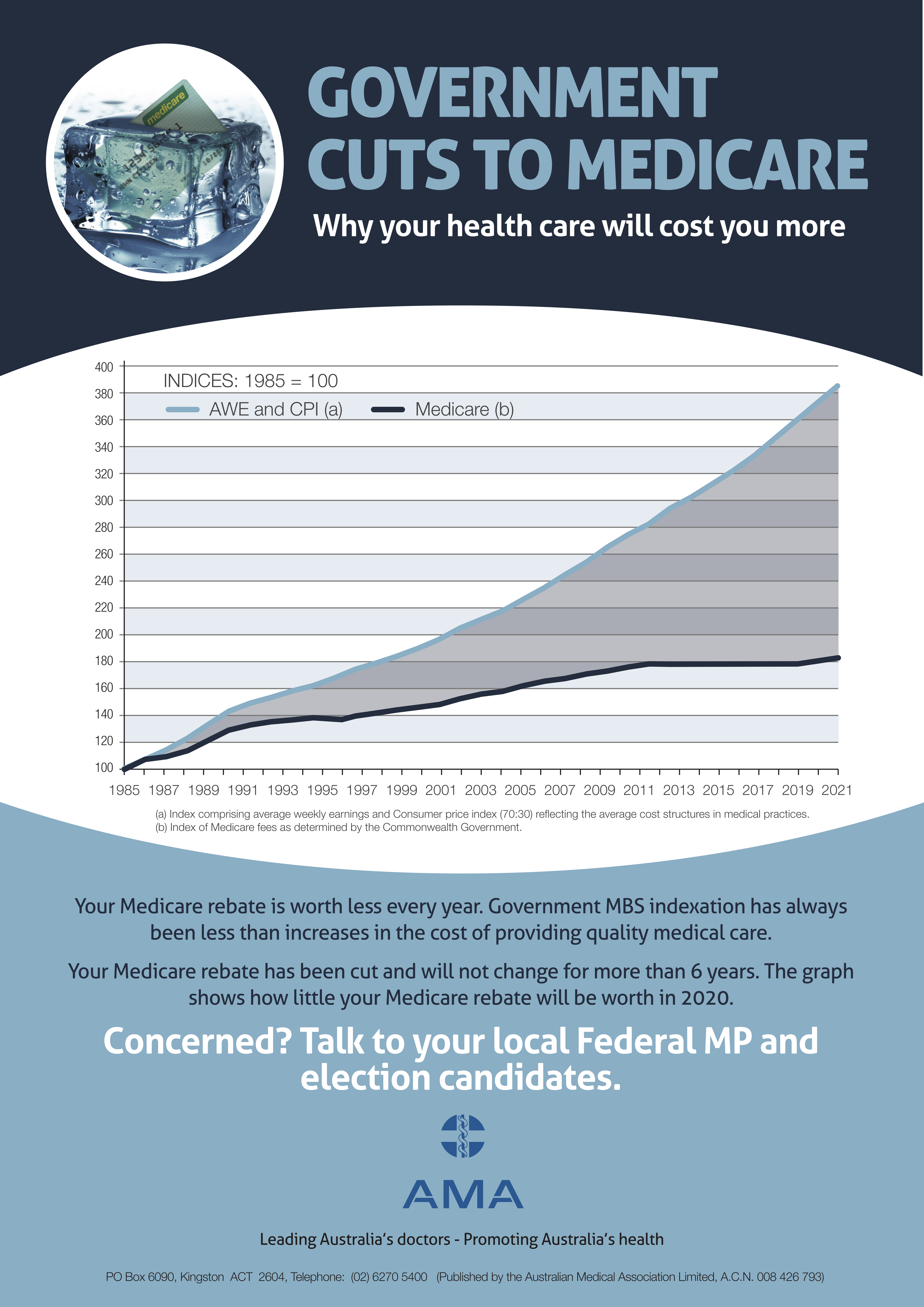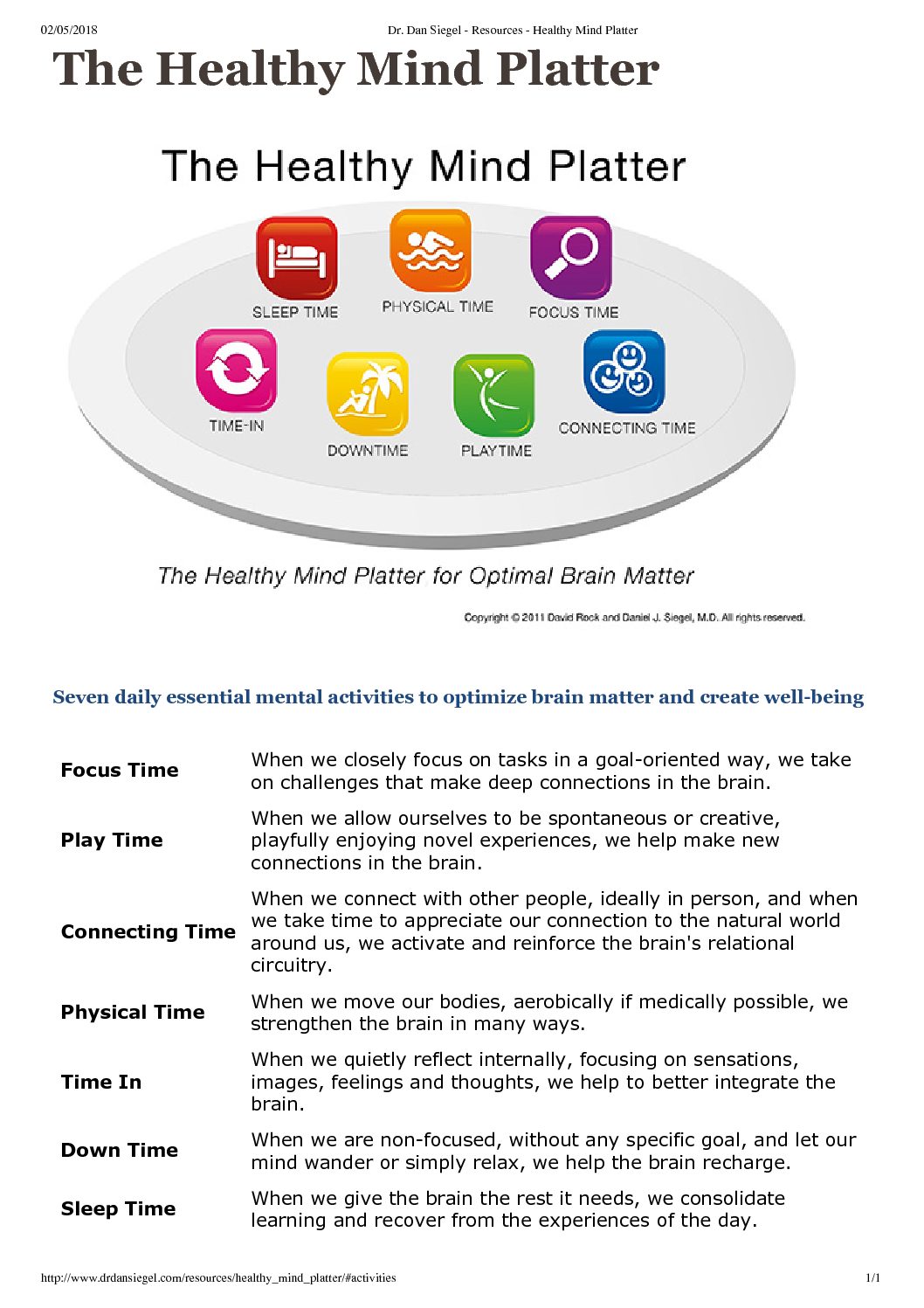Medicare and Bulk Billing explained – You won’t believe what “the freeze” means for you

There’s a lot of confusion about what exactly Medicare is among the Australian public. Many of you might be surprised to hear that Medicare’s role is not to pay doctors but rather to reimburse you. This article might also give you a new perspective on bulk billing.
Background
Prior to the introduction of Medicare by the Federal Government in 1975, when you saw a doctor you had to pay entirely out of your own pocket, much like with other services such as a plumber or accountant. Some people could not afford to see the doctor. In this instance, doctors would treat them for free at their own cost. The government did provide pensioners vouchers for two doctor consultations per year, including one visit to the surgery and one for a home visit.
Medicare is for patients, not doctors
When Medicare was initially introduced it was known as “Medibank”. It underwent various changes and has always been a politically charged topic.
Essentially, Medicare is an insurance system for the patient, working like this:
- You (the patient) pay your taxes including the Medicare levy, ie your ‘premium’;
- When visiting a doctor you pay out of your own pocket and then claim some of the money back – ie your ‘refund’.
The intention of Medicare was to make healthcare more accessible to everyone, particularly those who could least afford it.
Doctors Care
Doctors, for the most part, go into medicine for idealistic reasons. Many of us just want to help people and hate thinking about the financial side of practice. However, the reality is that doctors are small business owners. It’s expensive and takes a long time to train a doctor. To qualify as a GP takes about 12 years. Running a medical practice is expensive. Like other businesses we pay our staff, use expensive equipment and consumables, pay regular and professional insurance premiums, electricity, rent and require life-long ongoing education.
The main difference between bulk billing and private billing is time spent with the doctor.
Bulk billing means the doctor accepts your Medicare ‘refund’ as full payment for your visit. This does not cover the cost of providing the care.
There are some clinics that provide an entirely “bulk billed” service. Some doctors work in this setting because they are altruistic and support the philosophy of free medical care for everyone but exactly how do these clinics make ends meet?
The main difference is time spent with the doctor. In order to fully bulk bill more patients need to be seen per hour. Some bulk billing practices see six to eight patients per hour. I don’t feel this is conducive to good quality medical care, which is why I choose to work in a private or mixed billing clinic. Our standard number of patients is four per hour and we often allow more time for complex or multiple problems. The trade off is that most of our patients need to pay “a gap”. Private billing practices, such as mine, tend to offer extra services such as returning phone calls to patients, ringing you about worrying results and providing you the maximum number of repeats on your script so you don’t have to re-attend as regularly. I think this represents good value and safer care.
Furthermore, I estimate that private billing practices like mine, still routinely bulk bill 40-50 per cent of patients such as pensioners. Much like the pre-Medicare days if patients are suffering genuine financial hardship we choose to ensure there is no out-of-pocket expenses for their consultation. Many visits are also frequently discounted for example repeat visits, results, multiple concurrent family members or simple presentations.
“The Gap” and “Frozen rebates”
The refund that you receive from Medicare has traditionally been indexed with inflation. This means every year, you receive slightly more money back when visiting your doctor.
However, despite indexation, your refunds have not kept up with the cost of running a practice. This means gradually the gap between what is costs to provide care and what you receive back has been increasing.
To make matters worse, the government has “frozen” indexation since 2014 and plans to continue the “freeze” until 2020. This means that the gap between the cost of providing a service and your refund will dramatically increase.

I don’t wish to make a political statement but the Medicare system as it stands is no longer sustainable and is long overdue for an overhaul. I am not a policy maker but it seems we may all need to prepare ourselves to pay more for health care in the future. Bulk billing may no longer be sustainable. I hope reforms are done in a fair way and protect those who are most in need. I believe it makes sense to invest in primary care (ie general practice) because it represents good value for money from a public health perspective. We are ideally suited to provide good quality care with relatively little funding.
What is Private Health insurance and should I get it?
Private health insurance helps with the cost if you need a procedure or surgery. You can choose hospital-only cover or include ‘extras’ such as optical, dental and allied health care. Medicare does not cover dentistry (except in rare circumstances) so without private insurance you have to pay fully out of pocket to see a dentist.
If you can afford private insurance I think it’s a good idea. In Australia, free medical care is always available through the public hospital as a safety net. It is good quality care (for now). In some instances, such as major trauma and certain cancers, public hospital care can even be superior to services offered privately. However, if you have a less urgent condition requiring surgery you can wait a very long time to be seen. Purchasing hospital-only cover can be a good compromise. However, be aware that even with private insurance, you still need to budget for out-of-pocket expenses and not all policies are equal. You need to look closely at what medical conditions are covered or excluded.















